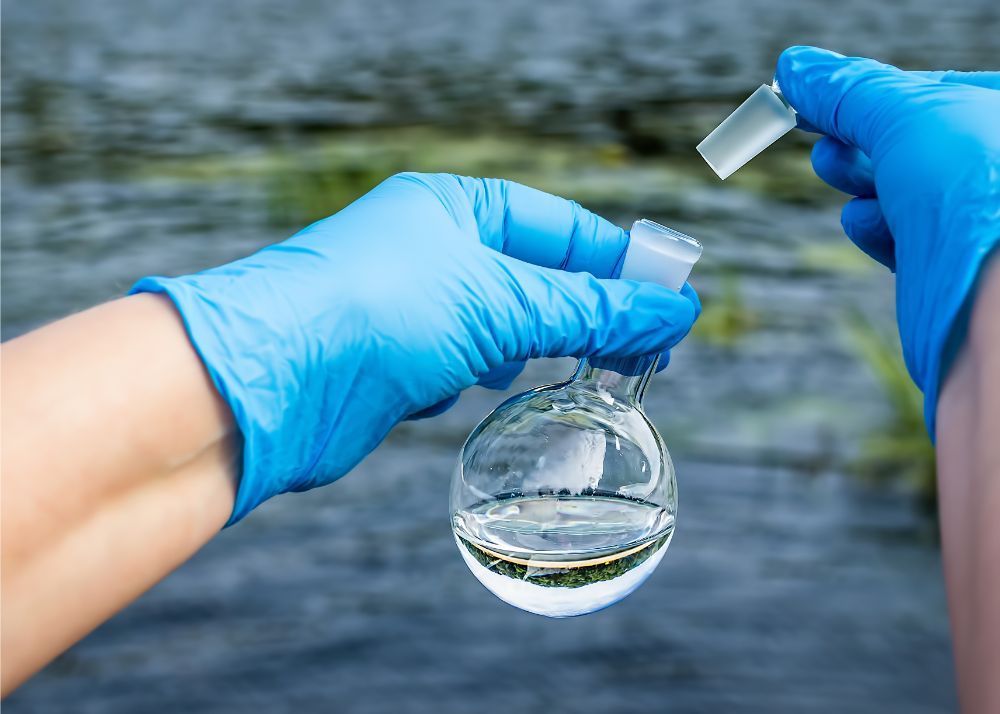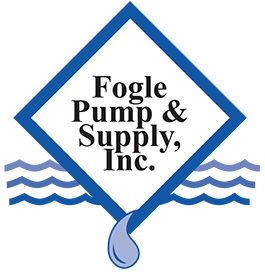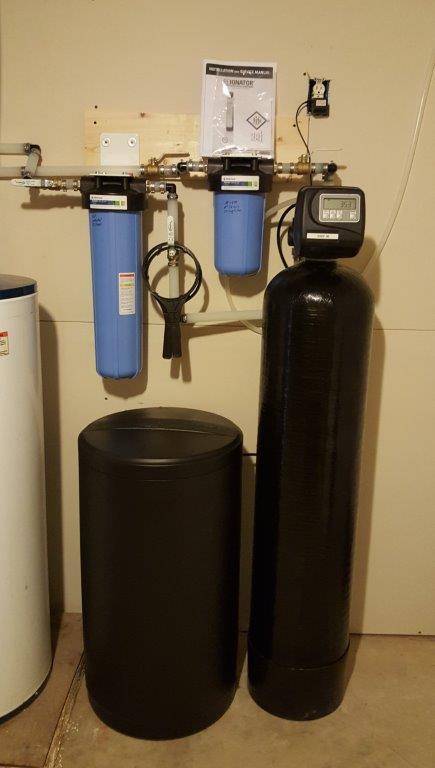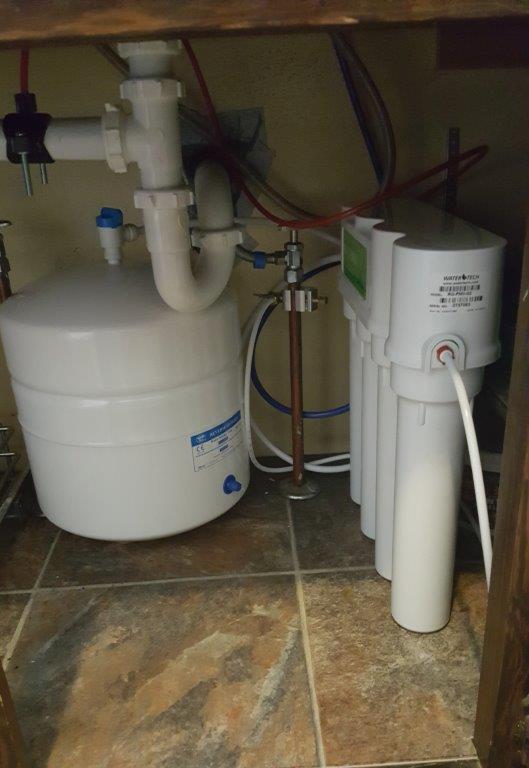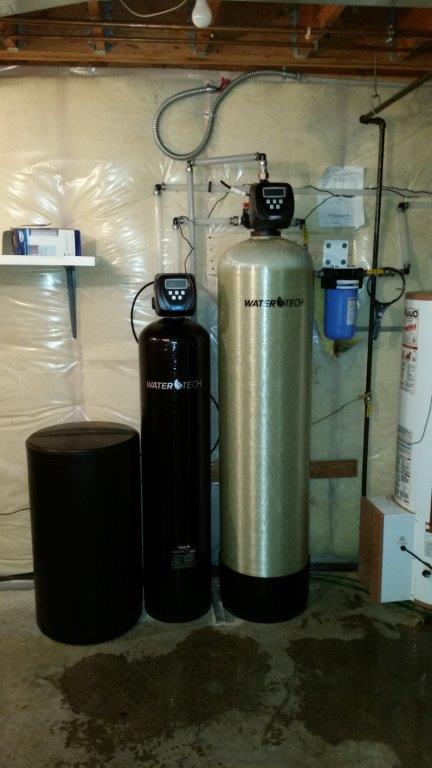6 Hidden Dangers in Your Tap Water & What You Can Do
Your water might look clear, but that doesn’t mean it’s clean.
Some of the most dangerous contaminants like lead, bacteria, or pesticides can slip into your tap water without any visible signs. Regardless of whether you rely on a private well or city water, hidden threats could be affecting your health, damaging your plumbing, or shortening the life of your appliances.
At Fogle Pump & Supply, we’ve tested thousands of water systems across the Inland Northwest and we’ve seen how the most serious threats to water quality are invisible. From heavy metals to hard water buildup, here are six hidden dangers to be aware of and what you can do to address them.
1. Heavy Metals
Heavy metals can enter your water in many ways: corroded pipes, old plumbing systems, or even naturally occurring deposits in the soil. Most of the time you can’t smell or taste these contaminants, so they’re easy to ignore without proper testing.
Exposure to lead, arsenic, or mercury can lead to serious health issues over time. Lead is especially harmful to children, affecting brain development, attention span, learning ability, and overall cognitive function, while arsenic has been linked to skin, lung, bladder, and kidney cancer, as well as heart disease.
The best way to find out if these metals are present is through a lab-certified water test. If results show elevated levels, a filtration system designed for metal removal can help reduce your exposure and protect your household.
2. Microbial Contaminants
Microorganisms can enter water supply through surface runoff, cracked well casings, or nearby septic systems. Even a small breach in your well structure can allow harmful bacteria like E. coli or coliforms to contaminate your water. These pathogens can cause stomach cramps, diarrhea, vomiting, and fever, and in more severe cases, kidney infections or other complications that may require medical treatment.
Even water that looks and smells clean could still contain microbial threats. Routine water testing is key, especially for well owners. If contamination is detected, treatment options like ultraviolet (UV) disinfection or chlorination can help make your water safe to drink and use.
3. Hard Water (Calcium and Magnesium Buildup)
Hard water is caused by high levels of dissolved minerals, most commonly calcium and magnesium. While these minerals are not harmful to drink, they can cause buildup inside pipes and appliances over time. This buildup restricts water flow, reduces efficiency, and can lead to frequent repairs or replacements.
Some signs of hard water include spots on dishes, dull laundry, or dry skin after bathing. More often, it shows up in shorter water heater lifespans and clogged fixtures. The best solution to this problem is using a water softener, which is a system that removes excess calcium and magnesium from your water by exchanging them with sodium or potassium. This process prevents mineral buildup, which helps keep your pipes clear, protects appliances like water heaters and dishwashers, and reduces the need for frequent repairs.
4. Pesticides and Herbicides
Chemical runoff from farms, lawns, and landscaping can seep into groundwater and contaminate wells. Pesticides and herbicides are designed to kill living organisms, so naturally if they show up in drinking water, it raises serious concerns.
Long-term exposure to these chemicals has been linked to hormone disruption, fertility issues, and certain types of cancer. They're especially risky for young children and pregnant women. Since these contaminants don’t usually have a smell or taste, they often go undetected without lab testing.
If your home is near agricultural land or areas that use heavy lawn treatment, regular water testing is strongly recommended. One of the most effective ways to reduce these chemicals from your water supply is using carbon filtration systems.
5. Hydrogen Sulfide
If your water smells like rotten eggs, it’s probably due to hydrogen sulfide gas. It usually occurs when certain bacteria in the groundwater break down sulfur or when sulfur reacts with metals inside your plumbing. Not only is the smell unpleasant, but hydrogen sulfide can also corrode metal pipes and leave stains on sinks, toilets, and laundry.
In higher concentrations, this gas can also pose health risks, especially in poorly ventilated spaces. It can also contribute to an environment that makes it easier for harmful bacteria to thrive. Treatment options include aeration systems, activated carbon filters, or oxidizing filters, depending on the source and severity of the issue.
6. Chlorine and Chloramine
City water systems often use chlorine or chloramine to disinfect the water supply. These chemicals are effective at killing bacteria, but they can cause problems of their own once the water reaches your glass. Some people may experience dry skin, irritated eyes, or a strong chemical taste in their drinking water.
Over time, chlorine and chloramine can mix with natural materials in the water and create byproducts. Some of these byproducts may be harmful if you’re exposed to them for a long time, and you won’t be able to smell or taste them.
Similar to the solution for pesticide contamination, a carbon filter can also help remove chlorine, chloramine, and their byproducts, making your water both safer to drink and better tasting.
Conclusion
Clean water isn’t something you want to leave to chance. What may seem like a small issue, an odd smell, cloudy glassware, or dry skin, can often be a sign of a bigger problem with your water quality. From bacteria to heavy metals and chemical residue, these hidden dangers are more common than most people realize.
At Fogle Pump & Supply, we’ve been helping families across the Inland Northwest protect their homes and health since 1981. With licensed water specialists, professional testing, and treatment systems built to last, we’ll help you find the right solution for your home without the guesswork.
Ready to find out what’s in your water? Contact Fogle Pump & Supply to schedule a water quality test with the professionals who know how to do it right.
